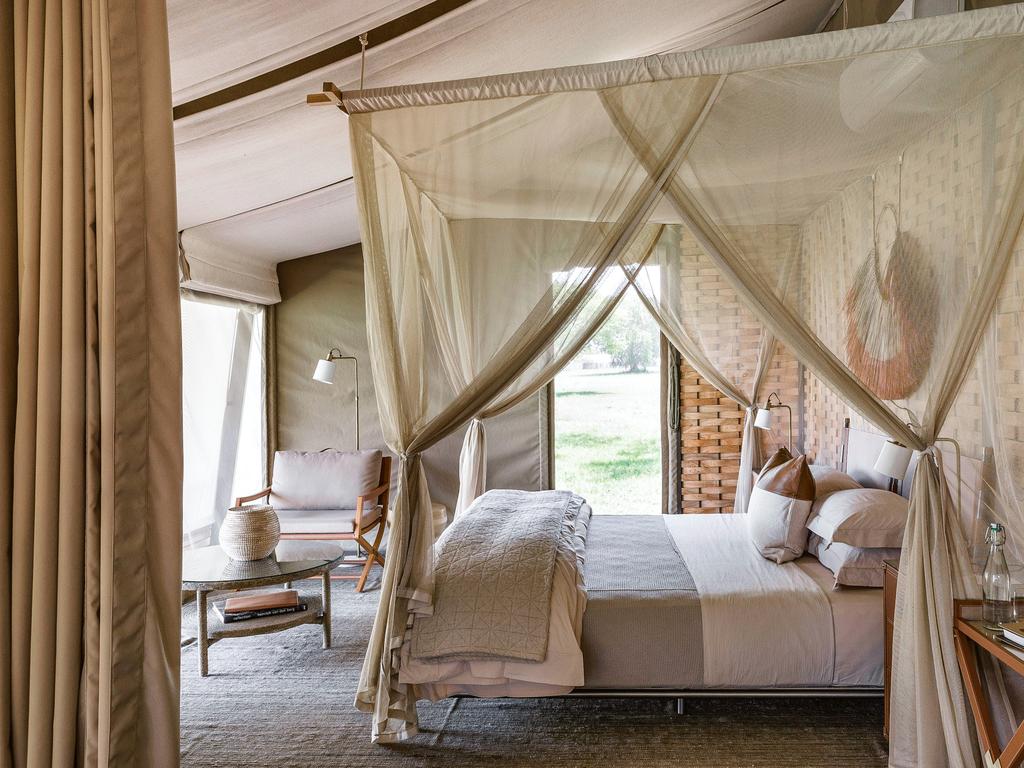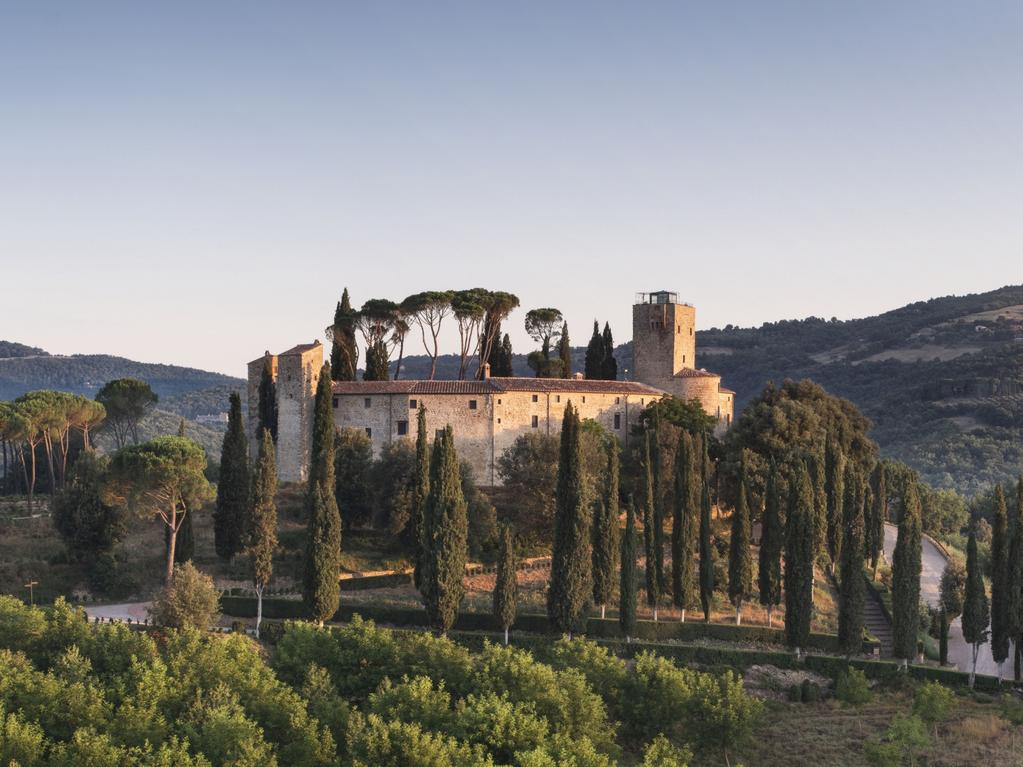VIP access: The benefits of travelling with a top travel guide
Certain traits can transform your experience of a destination, and sometimes spark a lifelong friendship.
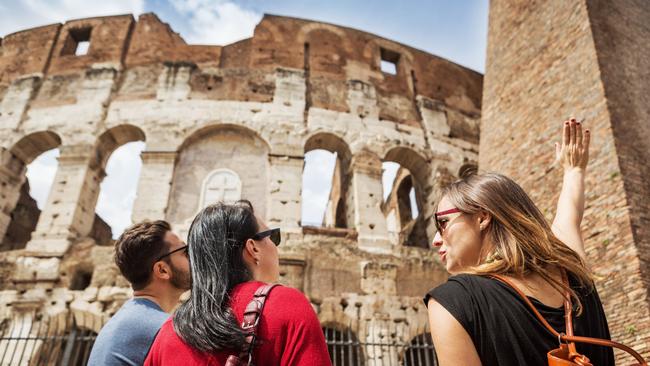
I am in Egypt, touring the Nile with Abercrombie & Kent from Aswan to Luxor on a twin-sailed charter boat with five fellow travellers. Our erudite guide, Hesham Abdulla, an Egyptologist of great charm and humour, decodes and demystifies an extraordinary array of ancient monuments, and unlocks a treasure trove of history.
His spiels are full of anecdotes, tiny but telling facts, whiffs of royal intrigue. When he shines his torch on hieroglyphs in darkened temples, it’s not merely a solitary beam, but an illumination of dynasties, gods and human endeavour.
Soon we can tell Hathor from Hatshepsut, Nefertari from Nefertiti. We wrap ourselves in flowing robes and scarves as temperatures soar into the 40s. Hesham, who favours an Indiana Jones-style hat and raises not a bead of sweat, says we tourists look mummified, and our laughter rises high into a cloudless sky. And then it’s time to scoff honeyed pastries sprinkled with sesame seeds and sip sweet hibiscus juice.

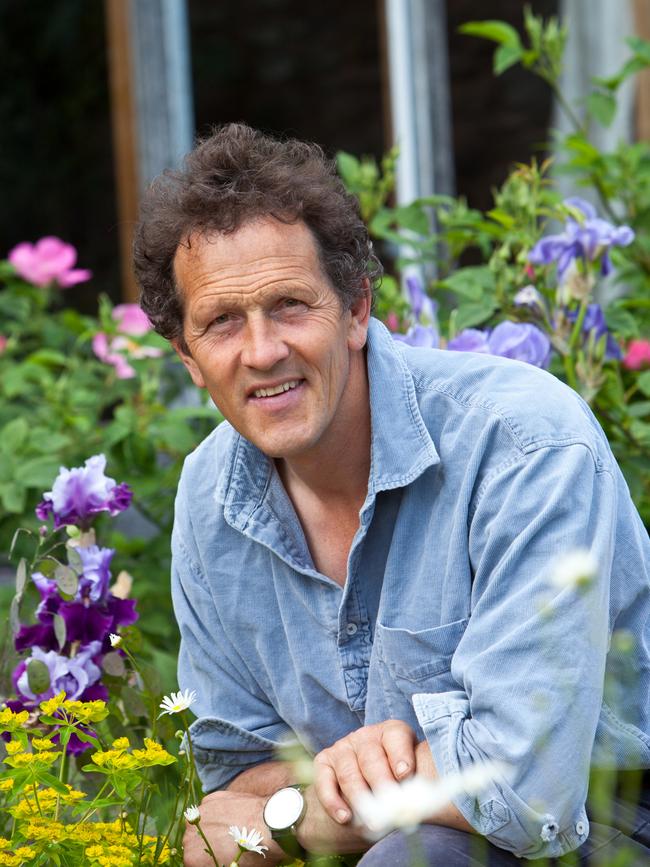
Hesham is an outstanding example of expert local guides who can facilitate true insider access while fostering a sense of friendship. I’ve stayed in touch with him since 2019, exchanging emails and sharing details of books and TV shows that are pertinent to mutual interests. I’ve forged similar long-distance relationships with guides Andrew Butterworth in Somerset and Rika Araki in Kyoto, both of whom have magically brought their homelands alive for me on multiple occasions.
Safari rangers Philip Koimere and Sammy Mshana in Tanzania have been my ears and eyes in the bush and ignited a passion for wildlife conservation. Philip is my “senior African son” while Sammy has jokingly settled for “junior”. Both taught me the trick to game-spotting is to turn each section of landscape into a grid pattern and search across, up and down. There’s a shiver of movement in the tawny undergrowth. It’s a lioness eyeing a herd of impala. “She’s waiting for her favourite takeaway,” whispers Philip.
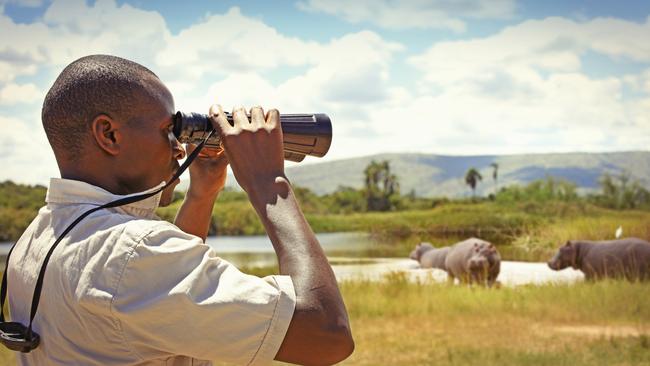
I imagine these relationships with special guides as being joined by tensile threads that are invisible but taut, stretching across oceans. They’re all leading examples of a new breed of best-practice escorting, taking travellers off the trodden tracks, eschewing whistles and flags, and never so crass as to hustle a gratuity.
As all of us yearn to travel more widely again in a post-pandemic era, our senses are likely to be more heightened, our expectations richer. I also foresee a shift from the idle style of holidaying to something deeper and more textured.
The best and most meaningful journeys are about people, not just places. The true value of travel transcends sightseeing to be about gaining true insights into culture and communities. The best memories are of exchanges of ideas and the lasting value of learning about differentness.
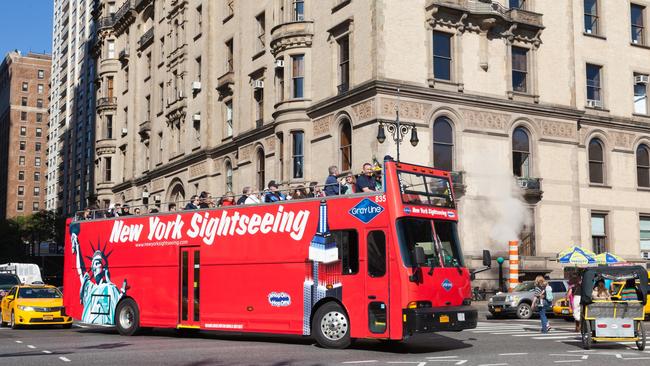
But, conversely, there’s much to be said for the simplest of sightseeing tours as an introduction to a city. Open-top double-decker bus tours may be considered old-hat, but they provide valuable reconnaissance. Take photos, note places that look sufficiently interesting to visit later, mark a map, and get a grip on the topography. In Tokyo, bus guide Hana’s mantra is simple and direct: “This is your chance to look up as you move!”
She’s right. The Japanese capital is a vertical city, a jagged skyscape of thrusting architecture, mirrored and twirled and blocky. And then we stopped at Tokyo Skytree and hurtled up to the higher of the two observation decks to view the grid of streets spread out below like a toy-town board game.
Cruising, especially expedition voyages with a sense of frontier exploration, are splendid exercises in bonding. The “locals” may well be penguins or polar bears, so your temporary community is almost exclusively composed of onboard experts, crew and fellow passengers. “We’re all in this together!” is a frequent cry on such extraordinary passages.
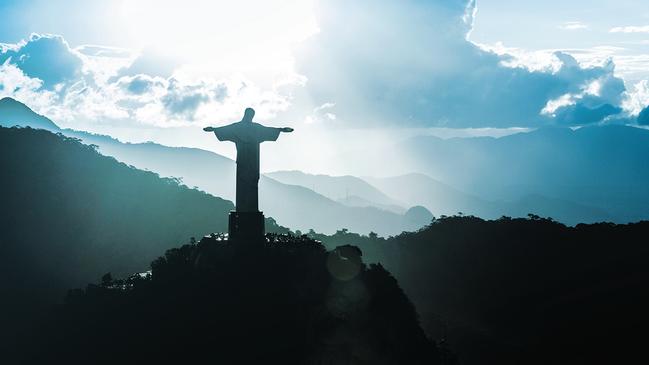
Exclusive air safaris by operators such as Captain’s Choice engender a similar sense of strong group ties. I remain in touch with a bunch of fellow passengers from my 2018 private plane journey to South America. Patricia and Helen and I still reminisce about our group being the first visitors early one morning, well before the “public” would be admitted, to the Christ the Redeemer figure overlooking Rio de Janeiro.
The moon was lowering at an angle like a bouncy football beneath the statue’s outstretched arms as waiters, who appeared from nowhere as though in puffs of smoke, brought us trays of strong coffee and Portuguese custard tarts. Once-in-a-lifetime moments aside, incidental encounters and observations on the road can equally surprise and delight. It’s about learning stuff. In French Polynesia, I was taught how to tie a sarong in a way that two local ladies told me would “ensure its modest security”.
In Sri Lanka, home-stay hostess Priya rubbed clove oil on door jambs and window sills “for purposes of good health and first-class removal of mould” and ever since I’ve done the same, so my house smells like a spice emporium and I’m transported in a flash of fragrance to the intriguing backstreets of Galle. In Bali, my regular driver, Yudi, has shared with me a wealth of information about Hindu beliefs and invited me to the compound he shares with three generations of an extended family.
In Cambodia, just out of Siem Reap, guide Chivoan took me to a Khmer weaving village where the textile making demonstrations were followed by “noodle time”. I watched the almost medieval process of turning rice paste into thin and uniformly perfect noodles on a museum-worthy wooden apparatus; then the “mothers” deftly boiled them up and we feasted on big bowls sauced with a stock of fish, lemongrass and coconut milk.
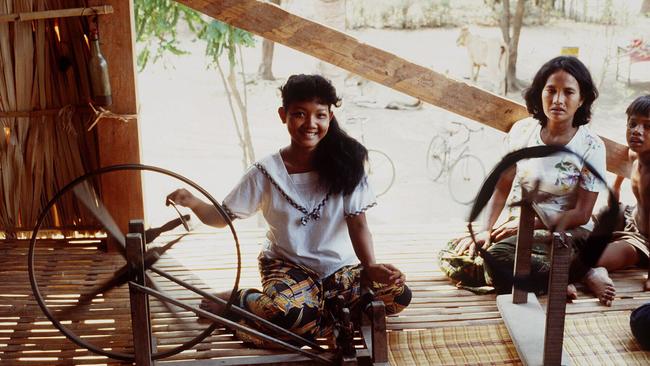
On top lay shredded banana blossom, waterlily and green papaya. On the side were a plastic flask of sweet vinegar and a dish of herbs torn from the garden so, as Chivoan put it, we could customise our lunch. It was Cambodia on a plate. Later there was karaoke and the whole lot of us wailed like cats. Allied to all this is the notion of home-stays, subsumed in many places now by alternatives such as Airbnb, but in hospitable countries like India such family-style accommodation still thrives. In Udaipur, I asked my host about the pink flowers beside Lake Pichola.
Did he know what they were? He just nodded and smiled. That night a perfect lotus appeared on my bed, its petals clasped as if in prayer, its very presence elevating a plain and humble room to a place of beauty. “Here it is – the flower of enlightenment,” he said. His wife lowered her voice: “Do not call the police.”
I still wonder if this beautiful city in Rajasthan trains special constables as botanical protectors. It was a gesture of fleeting friendship and kindness that will last forever.
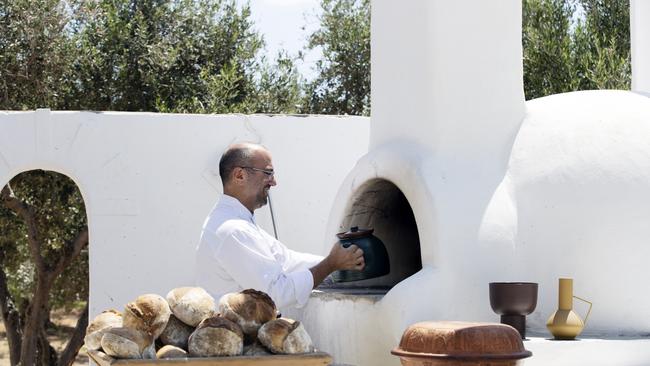
GUIDE AND SEEK
How to think global and act local:
• Cooking classes are an ideal way to access a destination’s culinary culture. Many hotels and resorts offer such opportunities. Opt for those that highlight a country’s traditional cuisine rather than the (often expat) chef’s showreel. At the Apurva Kempinski Bali, a jamu-making class with local staff demystifies traditional healthgiving tonics made with ingredients such as tamarind, turmeric, ginger, lime juice and honey. It puts the average cocktail class in the shade.
• Seek out local volunteers, such as Japan’s Goodwill Guides and New York’s Big Apple Greeters, to take you around their home turf. These enthusiastic locals have loads of knowledge. National tourist offices provide information and many have offices in Australia.
• For historic or artistic focus check the websites of leading galleries and museums for expert-led site walks. The new Grand Egyptian Museum in Cairo will offer a range of insider experiences by 2022 and the Victoria and Albert in London has tours and talks with curators of special exhibitions.
• Themed tours with in-depth itineraries ensure you’re with like-minded travellers with common cultural interests, from textiles and cuisine to gardens and architecture. Operators such as Renaissance Tours and Academy Travel lead the charge, both in Australia and overseas. Melbourne’s Botanica World Discoveries runs garden tours, including special-interest coastal cruises around Japan and the British Isles.
• The best cruise lines offer not just luxury aboard but shore excursions way above the cookie-cutter norm. Silversea’s recently launched SALT (Sea and Land Taste) program is all about food experiences afloat and ashore that reflect the cuisine of ports on the itinerary, such as cooking classes with local chefs.
• London company Small Car Big City offers tootles around the city in gussied-up Mini Coopers with names such as Daisy and Betty. The drivers make key stops for sightseeing and sustenance at cafés and food trucks with strong local connections and introduce passengers to colourful locals. It’s London at ground level, with the sunroof open in summer and retro pop on the sound system.
• Book bespoke tours with operators such as Abercrombie & Kent and Captain’s Choice that include knowledgeable hosts and top local guides. Groups are small and itineraries frequently include privileged after-hours access to key attractions or tickets to one-off events.
• Don’t always take the concierge’s advice on local touring – most hotels have referral agreements with a number of preferred walking companies. Research widely ahead.
This article appears in issue 3 of Travel + Luxury Magazine, out now.


